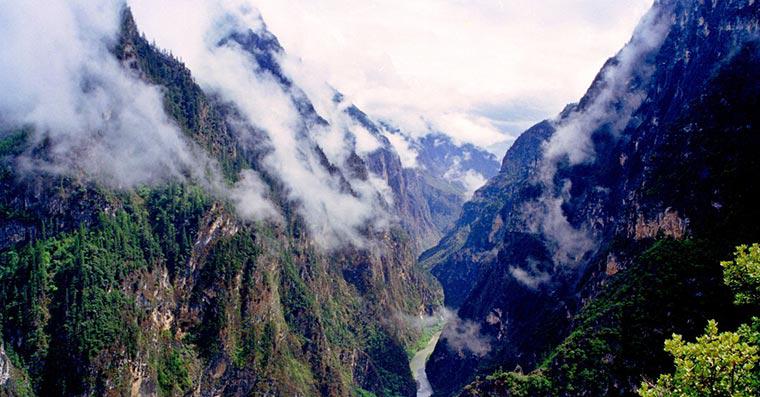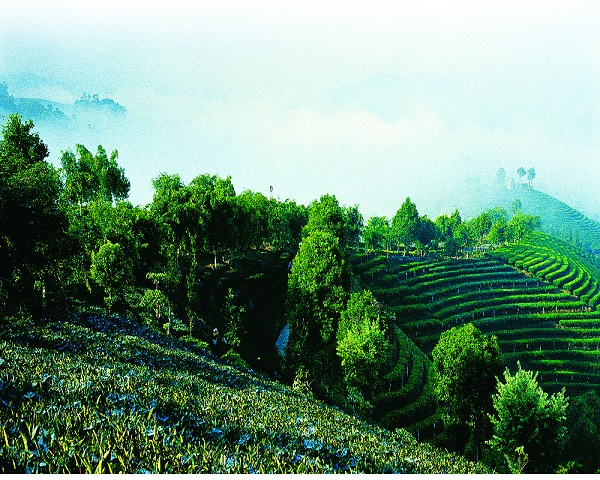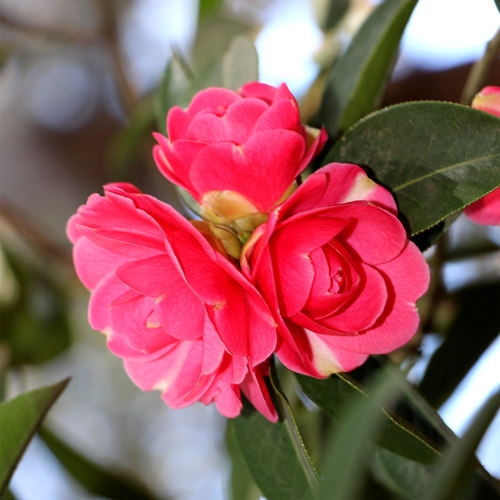
Introduction to Luoping County of Qujing
Luoping County, located in the eastern part of Qujing in Yunnan Province, China, is renowned for its breathtaking natural beauty, vibrant cultural heritage, and agricultural significance. Known especially for its stunning fields of canola flowers that attract visitors from around the world, Luoping offers a unique blend of scenic landscapes, rich history, and traditional culture. Here’s a detailed introduction to Luoping County:
Geographical Location
Luoping County is situated in the easternmost part of Yunnan Province, bordering Guizhou and Guangxi provinces. Covering an area of approximately 3,038 square kilometers, the county features a diverse topography that includes rolling hills, mountains, valleys, and rivers. The county's elevation varies significantly, contributing to its varied climate, which is subtropical with distinct wet and dry seasons. The landscape is ideal for agriculture and tourism, particularly eco-tourism.
History
Luoping County has a long history that stretches back over a thousand years. It has been an important cultural and economic hub throughout various Chinese dynasties, including the Tang, Song, Yuan, Ming, and Qing. Luoping's strategic location on ancient trade routes that connected Yunnan with other parts of China and Southeast Asia has historically made it a key area for commerce and cultural exchange.
Over the centuries, Luoping has developed a rich cultural tapestry influenced by the many ethnic groups that have settled in the area, including the Han, Yi, and Buyi people. This diverse cultural heritage is reflected in the county's traditions, festivals, and architecture.
Economy
The economy of Luoping County is diverse, with agriculture, tourism, and industry playing significant roles:
Agriculture: Agriculture is the backbone of Luoping’s economy. The county is famous for its extensive fields of canola (rapeseed) flowers, which cover the landscape in a sea of golden yellow during the blooming season each spring. In addition to canola, Luoping produces other crops such as tobacco, rice, corn, and various vegetables. Beekeeping is also an important industry, with local honey being a popular product.
Tourism: Tourism has become a major economic driver in Luoping, particularly eco-tourism. The county’s stunning natural landscapes, including its canola fields, karst formations, and waterfalls, attract visitors from around the world. The annual Luoping International Canola Flower Festival is a major event, drawing tourists and photographers to the area. The county’s rich cultural heritage and traditional festivals also contribute to its tourism appeal.
Industry: Luoping has a growing industrial sector, with a focus on food processing, light manufacturing, and mining. The processing of agricultural products, particularly canola oil and honey, is a major industry. Additionally, the county has reserves of minerals such as phosphorus, which are mined and processed locally.
Tourism and Attractions
Luoping County is home to a variety of attractions that highlight its natural beauty, historical sites, and cultural richness:
Jiulong Waterfalls: The Jiulong Waterfalls, also known as Nine Dragons Waterfalls, are a series of cascades that stretch over 200 meters wide, creating one of the most spectacular waterfall scenes in China. Surrounded by lush greenery and rugged cliffs, the waterfalls are a popular destination for nature lovers and photographers.
Luosi Field: The Luosi Field is a vast expanse of terraced fields, famous for their unique snail-shell shape. These terraces, used for rice and other crops, are an example of traditional agricultural practices and are particularly beautiful during the planting and harvesting seasons.
Canola Flower Fields: The canola fields of Luoping are perhaps the county’s most famous attraction. Each spring, these fields bloom into a golden sea of flowers, creating a breathtaking landscape that draws tourists, photographers, and nature enthusiasts from across the globe. The best views are often found in places like Jinji Peak, where visitors can enjoy panoramic vistas of the blooming fields.
Duoyi River Scenic Area: The Duoyi River is a picturesque waterway lined with waterfalls, clear pools, and traditional waterwheels. The river is surrounded by lush vegetation and karst hills, making it a perfect spot for boating, hiking, and exploring the natural beauty of Luoping.
Golden Rooster Peak (Jinji Mountain): Golden Rooster Peak offers stunning views of the surrounding landscape, including the canola fields and karst formations. The peak is a popular spot for sunrise and sunset photography, as well as for enjoying the tranquil natural environment.
Beekeeping and Honey Production: Luoping is also known for its b



